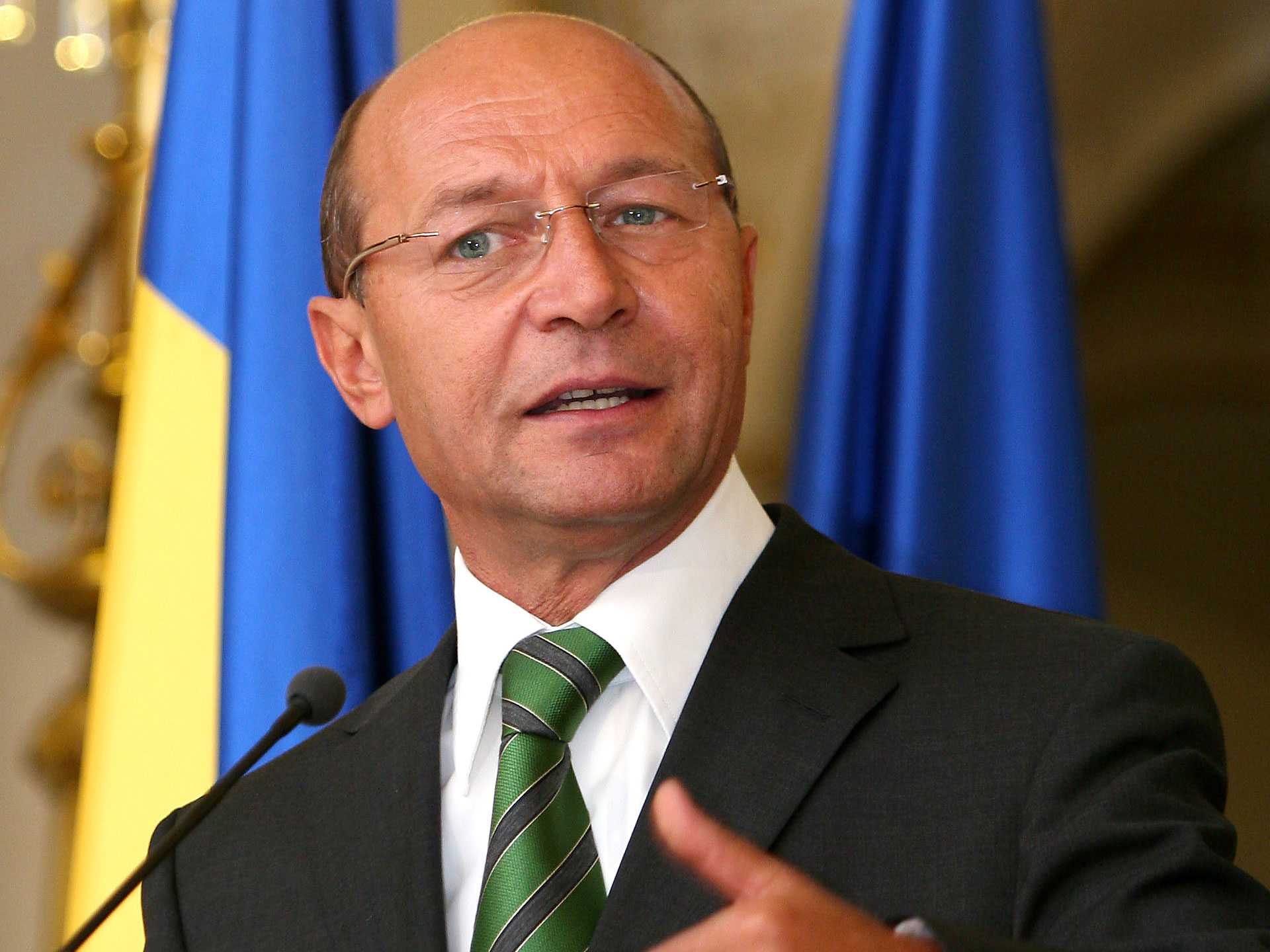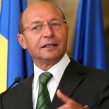
Southeast Europe: Reactions to the Crisis in Ukraine
Publication: Eurasia Daily Monitor Volume: 11 Issue: 49
By:

The crisis in Ukraine has resonated throughout Southeast Europe, evoking memories of the violent break-up of Yugoslavia and worries of fresh interruptions in Russian energy supplies. As the European Union and the United States condemn Russia for its military takeover of Crimea and prepare to impose sanctions against Moscow, public attitudes in Southeast Europe are not unanimous and sentiments run high in opposing directions. Traditional connections with Russia and Ukraine have played a role in both official and public reactions.
Romania, which borders Ukraine, although never had particularly warm relations with Kyiv, was decisive in supporting the new transitional government. On March 10, Foreign Minister Titus Corlatean and his Ukrainian counterpart, Andrii Deshchitsia, signed in Kyiv an agreement boosting military and other forms of cooperation (BalkanInsight.com, March 11). Romania is mostly worried about the impact of the Crimean crisis on Moldova and its breakaway Transnistria region. Romanian President Traian Basescu called on Moscow to cease any military operations against Ukraine and honor the provisions of the Kyiv and Kharkiv Agreements of 1997 and 2010, respectively, on the stationing of the Russian Black Sea Fleet in Sevastopol (Actmedia.eu, March 3).
Serbian Prime Minister Ivica Dacic stressed that both Ukraine and Russia are friendly countries. He emphasized that Belgrade wants to “take a constructive approach, maintaining its friendly relations with Russia and appreciating Ukraine’s principled stance on Kosovo-Metohija.” Referring to the current situation in Crimea, Dacic pointed out that “the example of the unilaterally declared independence of Kosovo-Metohija is detrimental to the international community” (Tanjug, March 13). The Russian embassy in Belgrade was quick to reassure the Serbian government that Russia’s position on Kosovo has not changed, as it will not recognize Kosovo’s independence. According to the embassy, the protests over Crimea are an example of double standards by some Western states (Tanjug, BalkanInsight.com, March 12).
Bulgarian Foreign Minister Kristian Vigenin’s official visit to Kyiv on March 4 sparked controversy in parliament. Vigenin expressed support for the sovereignty, territorial integrity and independence of Ukraine when meeting with Ukraine’s Acting President Oleksandr Turchynov. But members of the Bulgarian parliament from the ruling coalition were concerned that Vigenin’s official visit confirmed that Bulgaria recognizes the legitimacy of the new government in Kyiv. “Russia has a monopoly on the energy market and we have accords and dependencies regarding Russia that we should take into consideration,” said the defense committee chairman, Yanko Yankov (Dnevnik.com, March 4).
As the monument of the Soviet Army in Sofia was clandestinely painted with the colors of the Ukrainian and Polish flags to mark the Ukrainian revolution and the 64th anniversary of Salin’s decision on the Katyn massacre on March 5, a pro-Russian demonstration took place in Varna. But it managed to gather only 20 people, mostly Bulgarian ultra-nationalists (BTV, March 5). On March 7, two contrasting rallies—one opposed to Russia’s aggression against Ukraine and the other in support of Russia’s annexation of Crimea—took place in front of the Russian embassy in Sofia, although both failed to attract more than 50 participants (Dnevnik.com, March 7).
In Belgrade, more than 500 people demonstrated outside the Russian embassy to voice their support for Russia’s policy toward Ukraine. They carried signs saying: “Kosovo is Serbia, and Crimea is Russia” (InSerbia.info, March 3). After five Serbian paramilitaries led by former fighters from the Bosnian war arrived in Crimea to join the pro-Russian forces, Al Jazeera Turk reported that 20 Bulgarians have joined Russian-controlled paramilitary groups (BalkanInsight.com, March 6; Al Jazeera Turk, March 7). The Bulgarian press confirmed that the far-right Orthodox Dawn and the Bulgarian Nationalist Party are organizing more volunteers to join Russian forces in Crimea—among them, the mayor and a city council member of the city of Topolovgrad (Trud, March 9; mediapool.bg, March 13).
Countries in the region are heavily dependent on Russian gas supplies transferred via Ukraine. If the crisis deepens, the fear is that Russia may stop transporting gas through Ukraine as it did in 2009. Bulgaria, Macedonia and Romania will be the hardest hit by a potential suspension of gas exports through Ukraine, according to analysis published on the London School of Economics and Political Science blog (https://bit.ly/1gnh8IG).
Bulgaria is almost fully dependent on Gazprom and has no other available option for the next four years until the Trans-Adriatic pipeline (TAP) is built. In 2018, Bulgaria will start receiving Caspian gas from Greece via a connection to TAP for about 50 percent of its needs. At the moment, however, Bulgaria’s interconnectors with Greece, Turkey and Romania are not ready. This situation also affects Macedonia, which is connected to Russian gas via Bulgaria.
Of the three countries, Romania is the least dependent on Gazprom, because of its own gas reserves. But in the winter season, Romania still depends on Russian imports for up to 40 percent of its gas consumption. The main problem for the three countries, however, is the lack of sufficient gas storage facilities or access to large storage sites in a neighboring country. This is why Bulgaria, Macedonia and Romania present the highest risk in case of supply suspension from Russia. According to the Ministry of Economy and Energy in Sofia, at the beginning of March Bulgaria had gas reserves for two months—the entire capacity of the only storage facility at Chiren is 200 million cubic meters (Nova TV, March 4). Serbia has already taken measures to maintain its underground storage in Banatski Dvor at full capacity by importing more gas from Gazprom (InSerbia.info; Tanjug.rs, March 4).
On March 7, the prime ministers of Bulgaria, Romania and Serbia—Plamen Oresharski, Victor Ponta and Ivica Dacic, respectively—met at the Danube city of Ruse to discuss the crisis in Ukraine and its negative impact on the entire region. They expressed hope Kyiv and Moscow would find a faster resolution of the crisis, thereby preventing long-term negative consequences (novinite.com, March 7). The ongoing crisis in Ukraine has evidently made the Southeast European countries more resolute to help their neighbors achieve EU accession and speed up the construction of gas interconnectors (Joint Declaration of the Prime Ministers of Bulgaria, Romania and Serbia, March 7).
Bulgarian President Rosen Plevneliev went even further is search of energy independence—he discussed with the Emir of Qatar potential liquefied natural gas (LNG) deliveries to the Balkans while on a visit to the country on March 11 (novinite.com, March 11).




